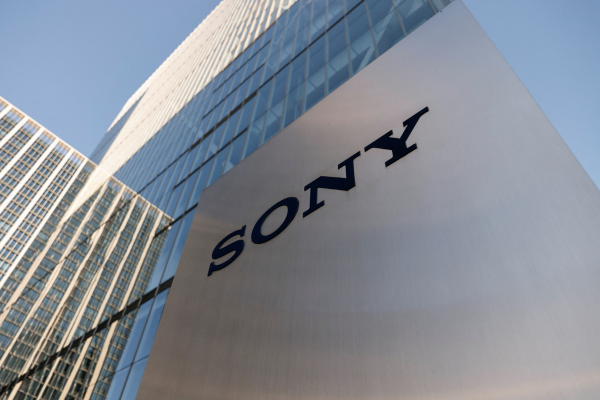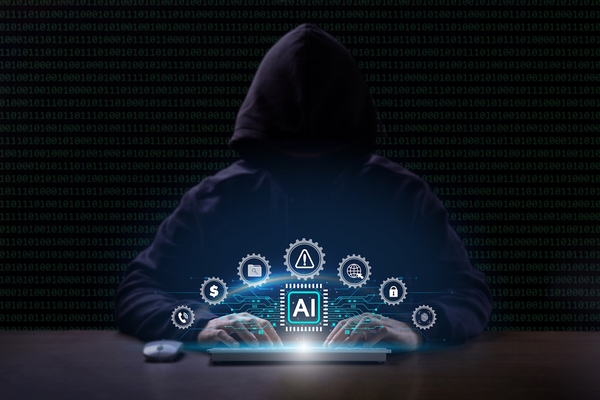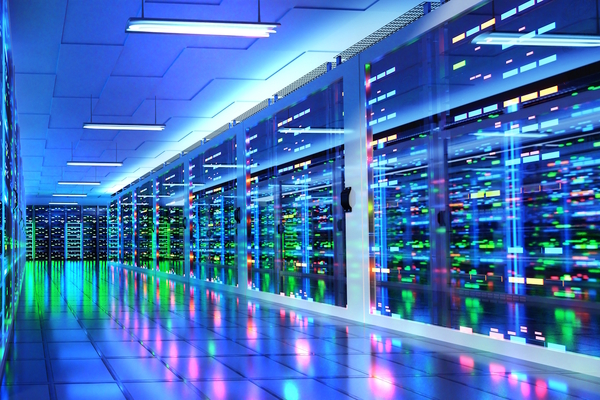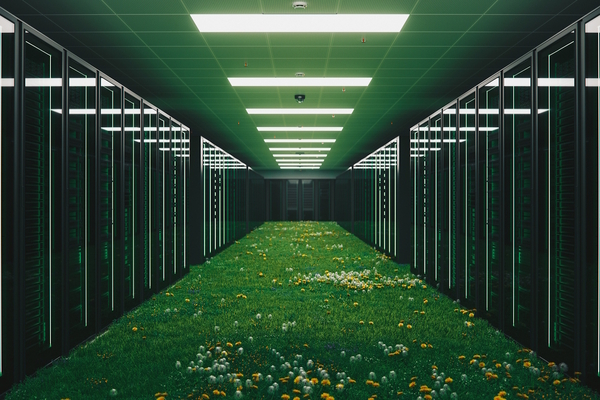Prioritising security and productivity in IT budgets

Francis O’Haire at DataSolutions argues that prioritising security and productivity in IT budgets matters now more than ever
Last year was a challenge for businesses of all shapes and sizes. The war in Ukraine had a knock-on effect on energy costs and caused disruptions in many supply chains, interest rates continued to climb, and inflation started to soar. Not much has changed so far in 2023. Recession and widespread economic uncertainty is unlikely to offer any immediate boost to businesses.
Whilst things might appear to be doom and gloom, businesses can’t afford to drastically cut their IT spend. Specifically, IT investment should prioritise security and productivity. Here’s why.
Priority 1. Security
Cyber-security continues to make headlines and for all the wrong reasons. The media loves a good hacking story and whilst it’s usually about a large, well-known organisation, smaller businesses are equally at risk from attack - indeed, some might say that SMBs are more attractive to cyber criminals.
We are painfully aware of the concerns UK businesses have about security - our own recent survey involving UK SMBs revealed that nearly 90% of SMB leaders surveyed were increasingly concerned by the growing risk of cyber-attacks - specifically in the guise of ransomware and malware.
And to compound matters, our findings also highlighted an alarming lack of expertise within SMBs when it came to dealing with cyber-security threats and incidents. To put that even more clearly, businesses point to security as a number one priority whilst also displaying an inability to deal with this challenge.
These concerns are completely justified when you consider that, on average, the potential cost of a breach is estimated to be over £1,700,000. Investing in the right solutions and having a robust security strategy in place should be a priority this year.
Ransomware and malware attacks are rightly feared by any organisation. Both terms are largely interchangeable although the endgame of any ransomware attack is that criminals seek a ransom to be paid before handing back control over your sensitive information or data.
Ransomware attacks are a favourite weapon for cyber-thieves with many security experts seeing this approach as one of the fastest-growing forms of cyber-crime - the cost of such attacks to organisations reaches many millions every year. It is often pointed out that a ransomware attack against any business is only a matter of time - a question of when and not if. There is much data that points to the rise and ubiquity of this type of threat. For example, Cybersecurity Ventures (a leading researcher for the global cyber economy) predicts that organisations will face a new ransomware attack every two seconds by 2031.
There will be other security challenges to address. An increasingly remote workforce for many businesses means that the number of entry points that provide access to company networks will go up. More entry points equal more opportunities for criminals to take advantage of.
Managed cloud security services could provide an answer here and SMBs should seriously consider taking an ‘all-in-one’ approach to their security strategy. This approach is about working with a vendor that allows you to scrutinise all aspects of your security in an effective manner - true visibility over your IT estate.
Priority 2. Productivity
We have touched upon remote workforces. It looks like hybrid and agile working are becoming embedded as a part of working life. Many businesses appear to be settling upon an equal split between working in the office and working from home. Under such conditions, productivity will be a key consideration.
Technology will play a big part with an investment in upgrading telephone and IT security systems to cloud hosted solutions, a good way to start. This should also be more cost-effective in the long run, be easier to manage and deal with the security challenges of a displaced workforce. Keeping disruption to a minimum is key for maintaining productivity.
Even simple things like forgotten passwords and denial of access can equate to losing too many people-hours associated with downtime.
Dealing with the increased numbers of workers requiring remote access is an ideal opportunity to address legacy remote access technologies such as virtual private networks (VPNs), for example. You could consider secure access service edge (SASE), an increasingly popular cyber-security concept.
Adopting SASE architecture allows businesses to identify users and devices, applies policy-based security and provides secure access to the relevant application or data. This strategy enables your business to enjoy secure access irrespective of where your users, applications or devices are located.
Another area to explore is zero trust network access (ZTNA). When a business operates in a zero-trust environment, all resources and users are assigned access only to the specific data that they need to perform their jobs. All connections between users, data, and resources are monitored continuously to defend against unauthorised access.
Also, Desktop-as-a-Service can greatly improve productivity for your business whilst also increasing security in a remote working environment. This cloud computing offering delivers virtual desktops to end users over the Internet, ensuring the same experience for users in the office or outside and whether on company or personal devices.
It can be an ideal solution for small businesses because the provider typically organises backend management i.e., you don’t have to spend money or resources on creating your own virtual desktop infrastructure.
Businesses everywhere are having to navigate the choppy waters that economic uncertainty brings. At a time when many are thinking of tightening their belts, spending, and investing in IT might seem counter-intuitive.
However, investing wisely in security and productivity will ensure that your ship can sail confidently into the future.
Francis O’Haire is Group Technology Director at DataSolutions
Main image courtesy of iStockPhoto.com

Business Reporter Team
Most Viewed
Winston House, 3rd Floor, Units 306-309, 2-4 Dollis Park, London, N3 1HF
23-29 Hendon Lane, London, N3 1RT
020 8349 4363
© 2025, Lyonsdown Limited. Business Reporter® is a registered trademark of Lyonsdown Ltd. VAT registration number: 830519543





